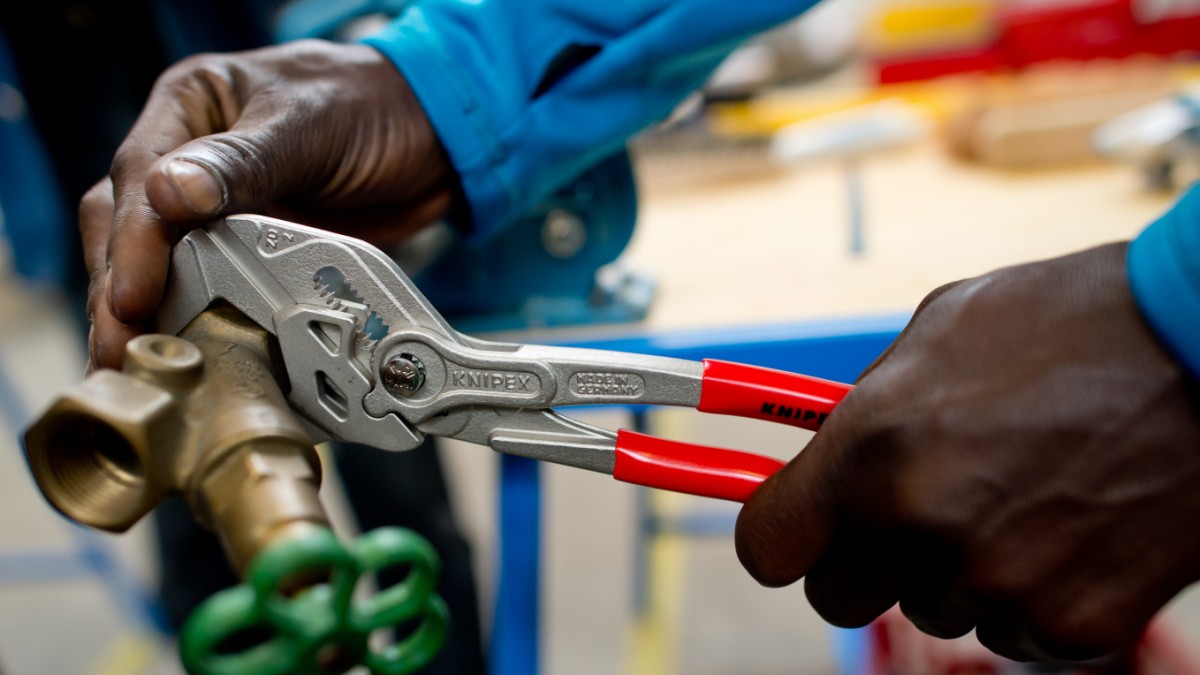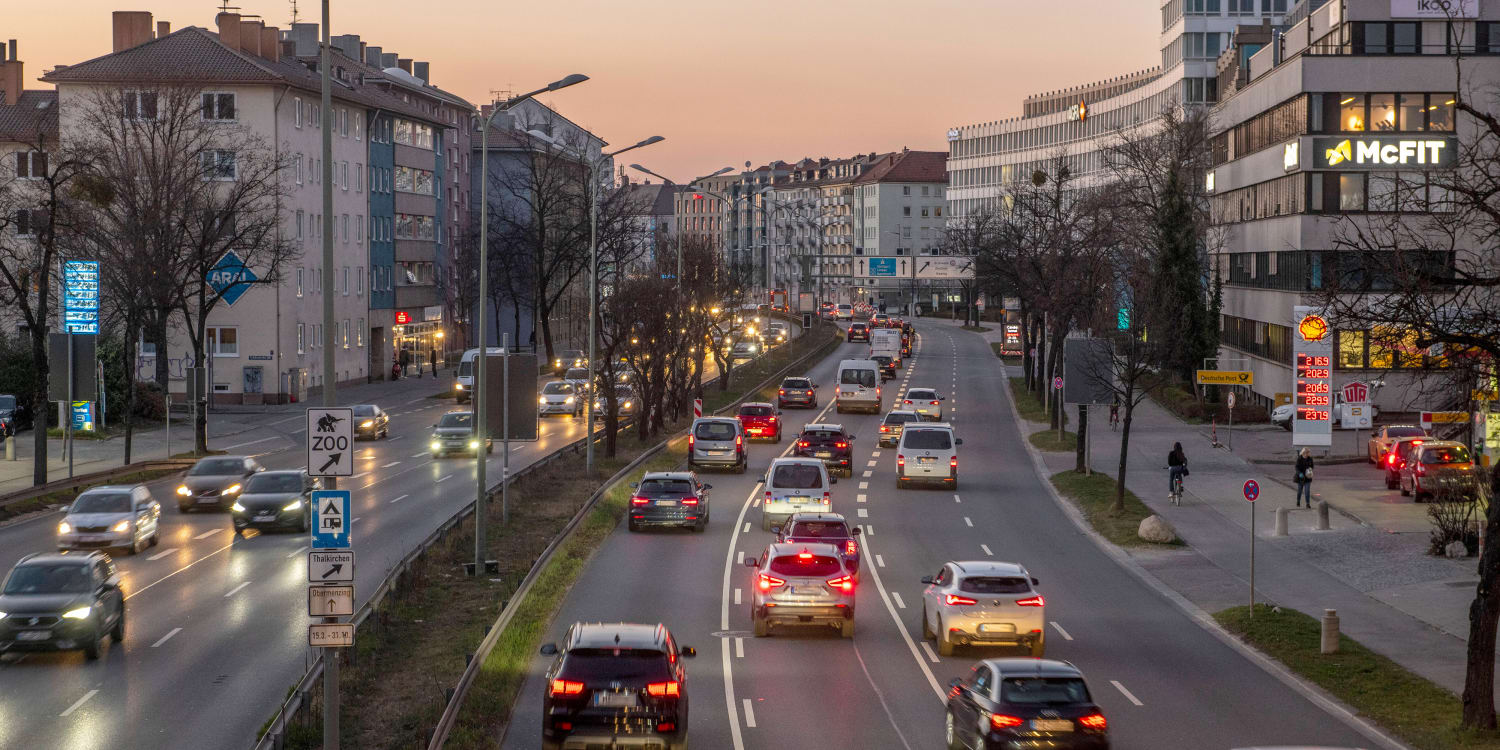Munich: Significant decrease in the number of apprentices – Munich
The corona crisis has led to a significant decline in the number of apprentices. The Munich Employment Agency had received 9,776 apprenticeships by the end of September, twelve percent fewer than in the previous year. Above all, sectors that were directly affected by the lockdown, such as the hotel and restaurant industry, organizers or service providers such as hairdressers and beauticians, offered fewer jobs than usual. The number of applicants fell even more sharply – by 13.2 percent to 6,074. As in previous years, the bottleneck is clearly on the applicants’ side. “Hotels and restaurants in particular are desperately looking for skilled workers who will definitely train more,” says the head of the Munich Employment Agency, Wilfried Hüntelmann. The pandemic only “dented” the training market.
There are various reasons why fewer and fewer young people are opting for dual training: For many years there has been an unbroken trend towards secondary schools, and more and more school leavers are also choosing to study. To make matters worse, the number of school leavers is falling due to demographic change. In addition, many companies did not offer student internships during the pandemic, and training fairs were canceled. Digital offers such as online trade fairs, online advice, advice via YouTube or virtual career orientation weeks could not replace personal contact one-to-one, but they were at least an opportunity to get into conversation with young people. Nevertheless, the balance sheet remains disappointing. “In those special years with home schooling and distance learning, there was a certain indecision, especially among the younger ones under the age of 20,” says Hüntelmann. After all, they made up two thirds of all applicants. “We are even seeing increasing numbers for those over 20.”
“Mia san Zukunft” is the name of the Chamber of Crafts’ latest training offensive
The head of the employment agency hopes that the corona-related insecurity will subside in the coming year. He knows that it is not just a degree that offers prospects, dual training also opens up many opportunities for advancement. Further training to become a master craftsman, technician or specialist is just as open after the training as a degree. And the companies in the trade and industry are very aware “that training is the most important means of dealing with the skilled workers and the concerns of young talent,” said Hüntelmann. There have been campaigns in the craft sector for years to convince young people of the diverse career opportunities in his companies. “Mia san Zukunft” is the name of the latest training offensive by the Chamber of Crafts for Munich and Upper Bavaria, which advertises young people.
But it’s not that simple: The career aspirations of schoolchildren do not necessarily match the needs of companies. So you will meet almost 300 applicants for twice as many positions in the field of transport and logistics. The difference is even greater in trade, sales and tourism, where around 1,300 applicants come across 3,300 apprenticeships. In the area of health, social affairs and education, too, the employment agency has more vacancies than interested parties. There are still many vacancies in Munich, including in medical practices, in sales – especially in food sales – and in retail. Those who do not yet have an apprenticeship position still have a lot of chances of getting one over the last few meters. “There is still something going on,” says Hüntelmann. Training can also be started in November.




